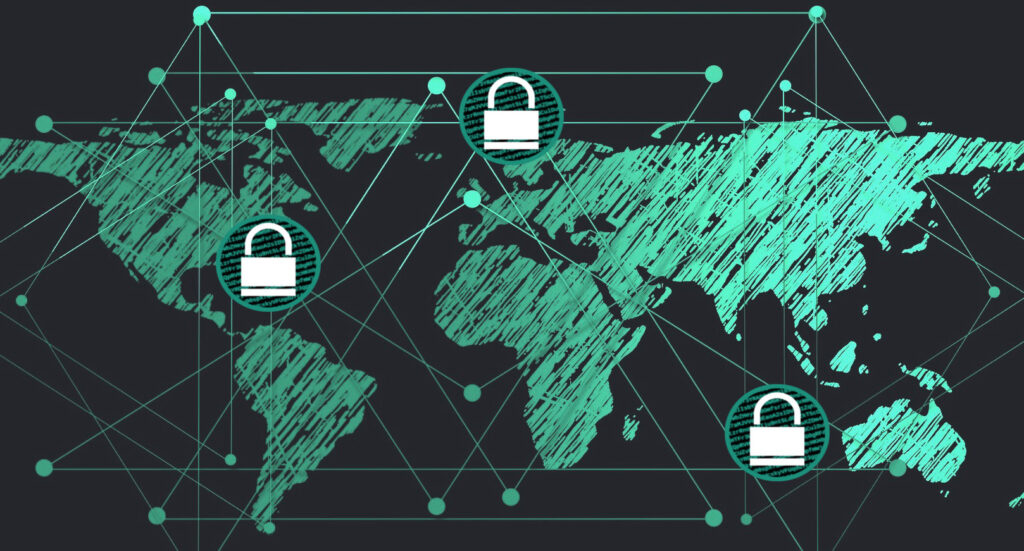
CCIE lab exams are probably one of the most feared exams in the entire IT industry. Notorious for their difficulty, they’re the main reason why many decide to give up on getting their CCIE certifications after suffering through a couple of failed attempts. Still, passing the lab exam is completely achievable; otherwise, we’d have no CCIE certified engineers at all!
If you’re considering getting your certification with Cisco, we suggest you start preparing as soon as you can. No matter how broad and rich your experience in the industry is, you’ll need a LOT of practice to be able to tackle the lab exam on your first try. Here we’ll tell you what to expect once you’re there, so you know how to prepare for it properly. So, without any further ado, let’s get right to the bottom of it!
The modules

The 8-hour lab exam consists of three separate modules taken in a set sequence during the day. The first module takes two hours, the second one takes one hour, and the last module lasts for five hours. Here we’ll explore them in-depth:
The troubleshooting module

ecommercefinland.org
In the troubleshooting module, participants must solve two incidents that are not dependent on each other. In other words, the resolution of the first incident doesn’t have anything to do with the resolution of the other.
As the name suggests, you’ll have to analyze and resolve network security issues on the provided devices. As we’ve mentioned before, this module lasts for two whole hours. You’ll need to think and work fast, so make sure you’ve checked the possible exam topics on Cisco’s official website.
If you’re unable to complete the task in the given two-hour timeframe, you’re allowed to “borrow” 30 minutes from the third (Configuration) module. Likewise, if you finish your troubleshooting module early, you’ll get that extra time added to your Configuration module. The second module (Diagnostic) is set to one hour, which cannot be affected.
The diagnostic module

As we’ve mentioned before, you’ll have exactly one hour to complete the tasks in this module. It’s similar to the troubleshooting part of the exam, but there’s a key difference: you’ll be working with documentation (such as outputs, logs, and the like) instead of real devices.
Keep in mind that all of the exercises you encounter during the lab exam will replicate real-life situations. Nothing will be simplified, and all tasks require logical and analytical skills that can only be acquired through hard work and experience.
Again, make sure to check possible exam topics on Cisco’s website and practice as much as you can! Remember that all these modules are sequential: you won’t be able to go back-and-forth between them.
The configuration module

As you can probably guess, this is one of the most complex parts of the exam. You’ll have 5 hours to complete it, after all. You’ll be tested on your ability to understand specific requirements and turn them into a working configuration. That means you’ll have to possess a deep understanding of technology architecture, traffic flows, and effective security designs.
You’ll have to work with real (or virtual) Cisco security appliances, so check the Cisco Learning Network equipment list. While real-life experience is probably the best way to “prepare” for this part of the exam, we suggest you make use of various CCIE Security Lab workbooks and guides such as those at Spoto while you’re at it.
Passing criteria

The passing criteria consist of two main conditions:
- The total sum of modules has to be at least the minimum passing score.
- The points for every module need to be at least the minimum passing score for each individual module.
That means you can’t pass the exam if you haven’t had a passing score on every individual module. You can check for more details on Cisco’s website if you’re interested.
Exam rules

You are prohibited from taking anything into the exam room: no phones, textbooks, laptops, watches, nor any type of documentation. It would be best if you restrained yourself from consulting with anyone during or after the exam.
Everything that happens in the exam room will be recorded and reviewed later on. Whatever you do, DO NOT try to cheat. While that may seem like a no-brainer, it’s still vital that we put it out there. Any attempt at cheating will get you banned from ever retaking the exam, so don’t risk it (you’d be caught anyway).
Retaking the exam

If you fail the first time you take it, don’t get discouraged! You’re allowed to retake it during the next scheduled examination date. Still, you’ll need to wait at least 30 days until you’ve attempted it again. Use that time to study and practice hard! Once you feel confident enough, don’t hesitate to try it again.
Having a CCIE certification can be extremely beneficial to your career. It will open many doors for you, and it’s an excellent learning experience. So, don’t give up and keep on practicing. Once you pass, it will be an achievement to be proud of. Remember to browse through Cisco’s Learning Network to get a better idea of the potential exam topics.
Also, don’t hesitate to make use of various textbooks you can find online. Even better, befriend a certified Cisco engineer and ask about their experiences! You can find many of their stories online if you’re interested. Overall, having to retake the exam is not the end of the world. Rarely anyone gets it on their first try, so keep on learning until you make it!
The bottom line
CCIE Security lab exam is a test of your problem-solving skills and your ability to analyze and configure complex security solutions. Passing it is not easy by any means, but you can certainly pull it off! Look for solvable workbooks to practice with, and check Cisco’s official webpages regularly. Then, take your own experience into the mix, and you’ll get your CCIE Security certification in no time (well, in 8 hours, that is). Good luck!













